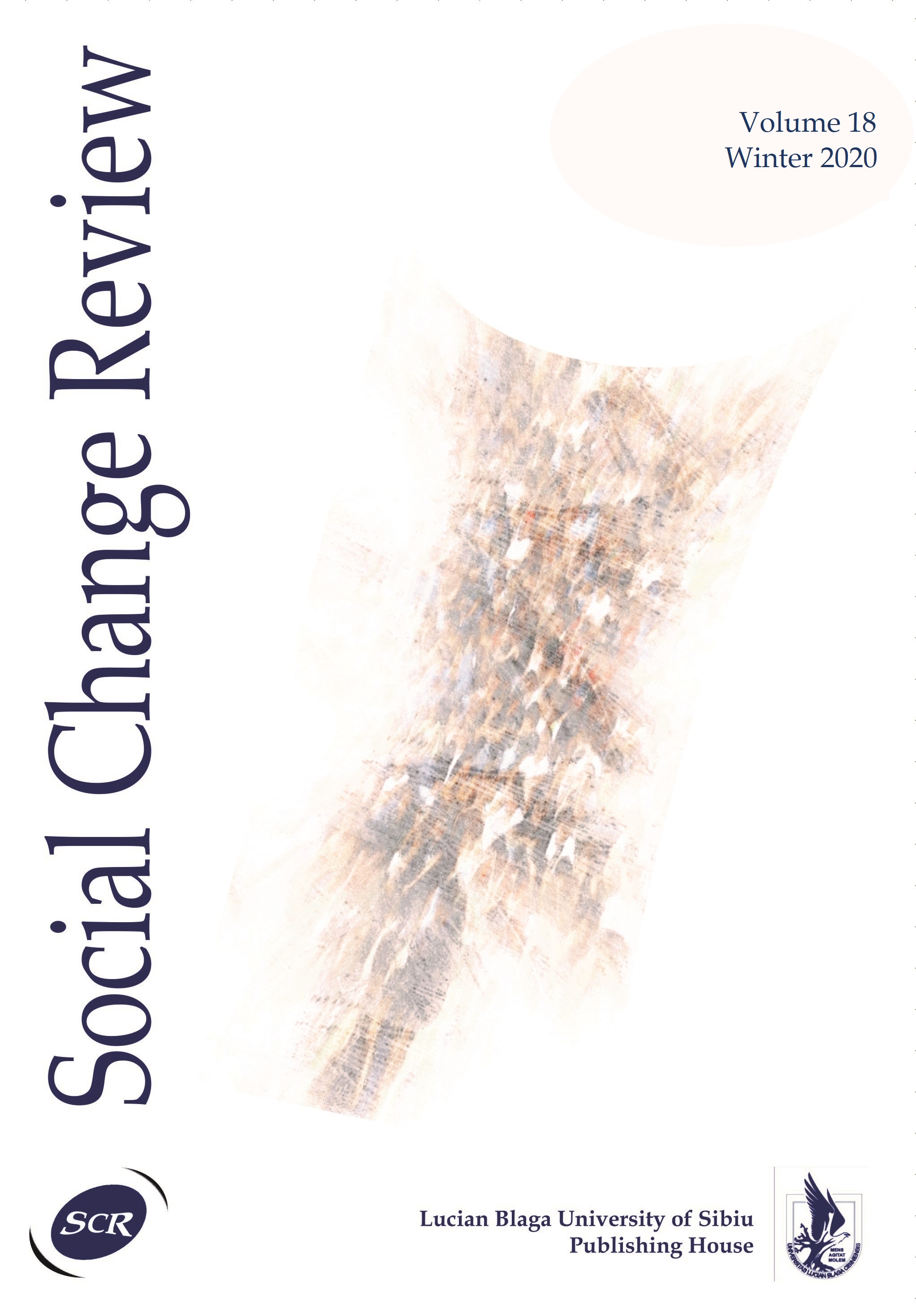Recruitment infrastructure within the agricultural and agrifood sector: Post-Soviet and neocolonial entanglements between “Eastern” and “Western” Europe
Recruitment infrastructure within the agricultural and agrifood sector: Post-Soviet and neocolonial entanglements between “Eastern” and “Western” Europe
Author(s): Dina BolokanSubject(s): Migration Studies
Published by: Editura Universitatii LUCIAN BLAGA din Sibiu
Keywords: Agriculture; Recruitment; Neocolonial labor regimes; Circular migration; Post-Soviet citizenship;
Summary/Abstract: The COVID-19 pandemic brought into focus how nation-states manage to shut down borders while maintaining flexible labor recruitment. This challenging situation provoked more public discussion around inequalities within the agricultural and agrifood sector. However, reflections around labor conditions have remained limited. I argue that instead of merely pointing to certain aspects of the current labor conditions and demanding more regulations, a different point of departure is urgently needed. Through a genealogical approach to recruitment and rotation, this article aims to further politicize the discussion around the current recruitment infrastructure in the agricultural and agrifood sectors in Europe. I do this with my research on labor migration from Moldova to the European Union and Switzerland, where I consider the hypermobile life trajectories of workers within the agricultural sector. I am interested in the structures, goals and biopolitical implications as well as the involved ideologies that accompany the laws and regulations of the legal framework of such hypermobility between “Eastern” and “Western” Europe. I show how the involved citizenship laws and circular migration policies reveal entanglements through time and space that lead to neocolonial and post-Soviet regimes of labor control within Europe.
Journal: Social Change Review
- Issue Year: 18/2020
- Issue No: Winter
- Page Range: 39-77
- Page Count: 39
- Language: English

